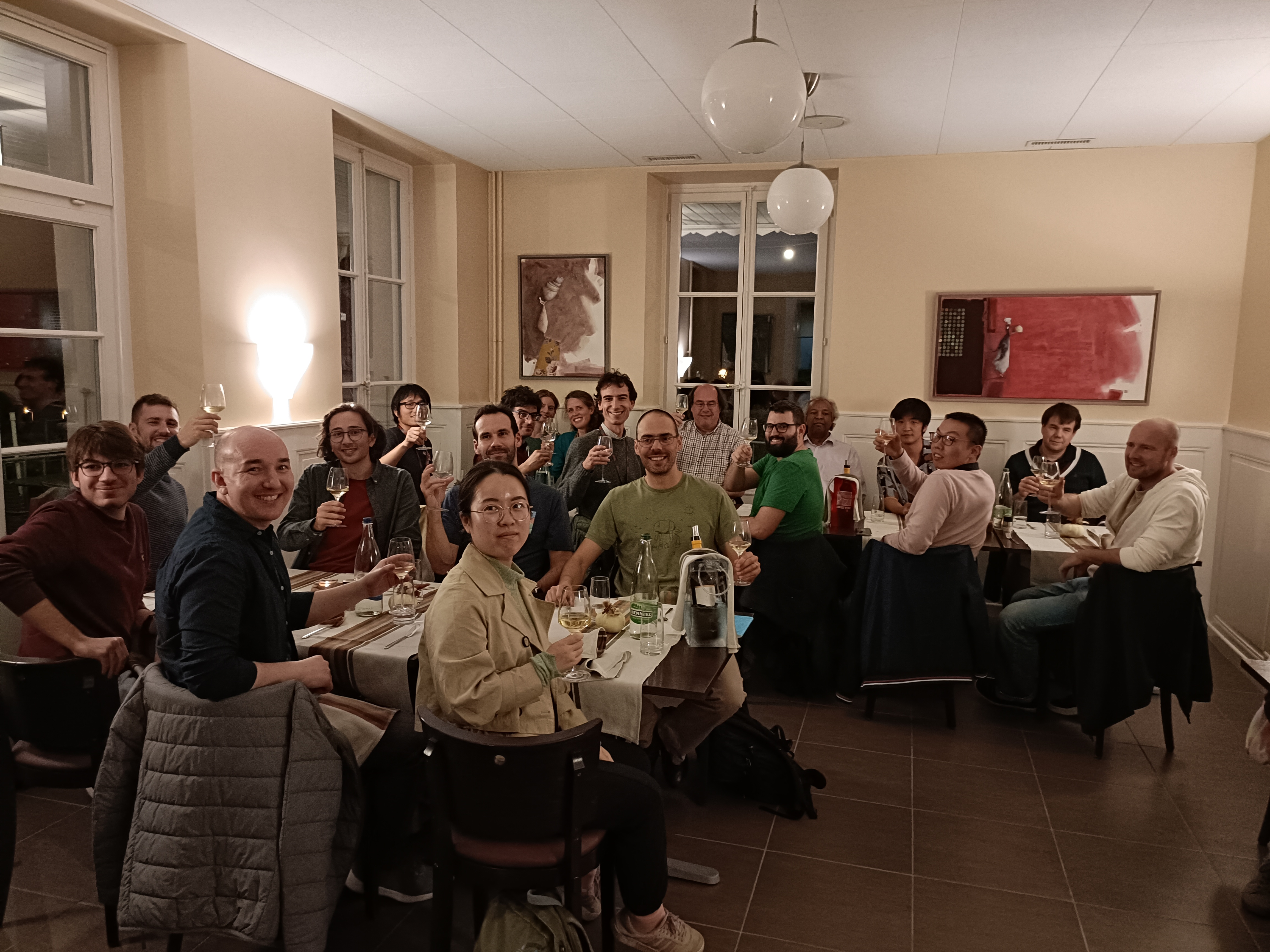Quantum Chaos @ Bernoulli
GA 3 34
Bernoulli Center EPFL
While the concept of chaos is well-established for classical interacting systems, a quantum mechanical formulation of chaos has yet to attain a comparable level of maturity. On one hand, classical notions like the butterfly effect need to be reimagined to accommodate the absence of phase-space trajectories and the inherent linearity of quantum dynamics. On the other hand, the operatorial formulation of quantum mechanics introduces fundamental objects such as spectral statistics, offering crucial insights into dynamics but without immediate classical counterparts.
The significance of quantum chaos goes beyond the foundations of quantum statistical mechanics; it plays a pivotal role in addressing the information paradox in black holes and more generally in gauge-gravity dualities. Moreover, as the field of quantum optics makes remarkable progress in incorporating increasingly many controllable quantum degrees of freedom in its devices, the onset of chaos and the subsequent scrambling of information have become pressing practical concerns for the development of quantum-information processing schemes.
This intricate yet incomplete landscape prompts various communities across physics and mathematics, with diverse cultures and methodologies, to tackle the challenges posed by quantum chaos. This workshop aims to bring together experts in quantum chaos from high-energy physics, hybrid quantum systems (both theory and experiment), quantum information, condensed matter, mathematical physics, random matrices, and free probability to foster interactions and collaborations.
Invited speakers and participants:
Masud Haque
Jean-Philippe Brantut
Victor Gorbenko
Frederic Mila
Joao Penedones
Julian Sonner
Sasha Zhiboedov
Organizers:
Dima Abanin
Camille Aron
Alexandre Belin
Andreas Läuchli
Accomodation:
the external participants are staying in the Starling Hotel Lausanne (Map), which is a 10 minutes walk away from the Bernoulli Center.
Photo of workshop dinner:

